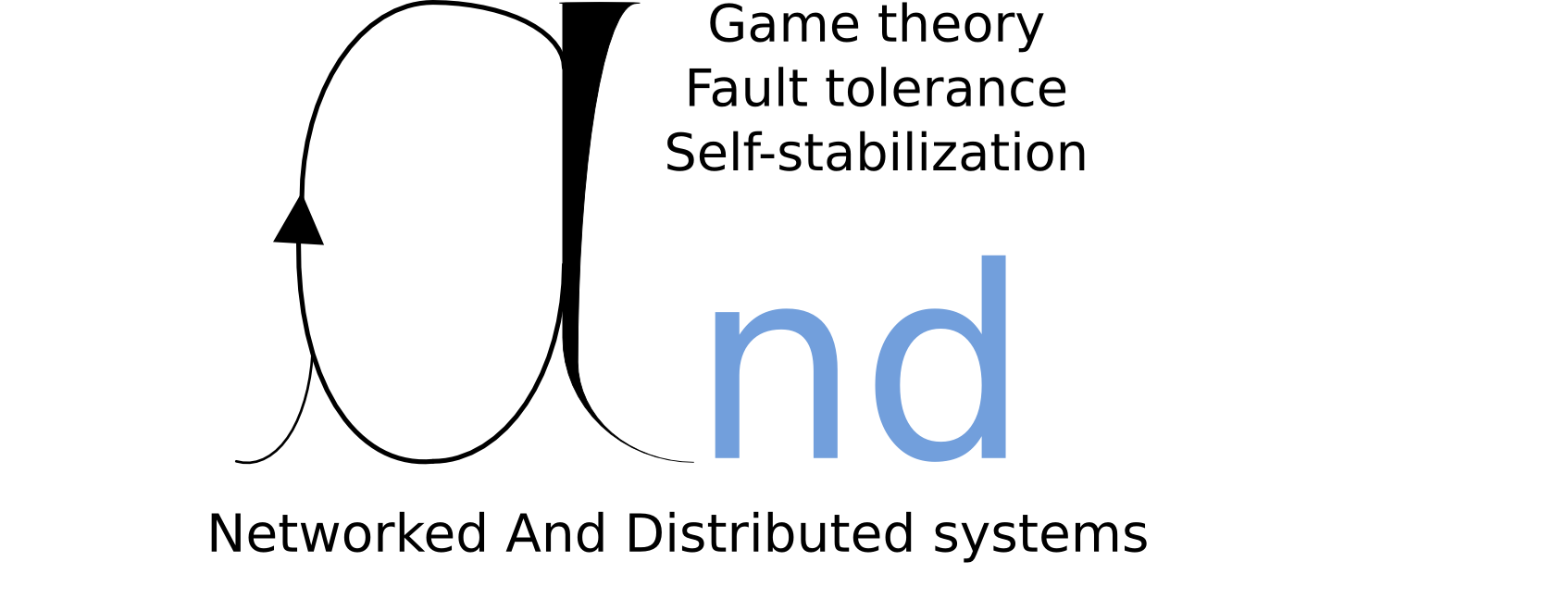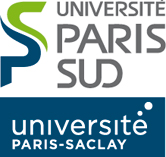Algorithms for Networked Systems

The research goal of the ANS group is to design efficient modeling, control and performance optimization algorithms especially tailored for networked and distributed systems, as well as their applications. The scientific contributions we expect are therefore both theoretical, with the development of new mathematical modeling techniques and proofs, and applied, with the development of innovative tools for the optimal planning and resource allocation in cognitive, opportunistic wireless and content-centric networks. Specifically, the objectives of the ANS group for the next five years are:
- To establish theoretical building blocks for the design and optimization of networked systems, including: Control Theory, Game Theory, Distributed Algorithms (Self-stabilization, Fault Tolerance), Discrete Event Simulation systems.
- To design novel, efficient algorithms and protocols based on the developed theoretical framework, and evaluate their performance in practical networking scenarios. This includes: Opportunistic Wireless systems (including, among others, Cognitive Radio, Sensor and Robot networks), Future Internet infrastructures and protocols (Information, Content-Centric Networks), Security in Cyber-physical systems. More specifically, the challenges we will address are related to dynamic spectrum aggregation, which has just emerged in the cognitive radio network field, withmany important theoretical and technical problems waiting to be solved. In this context, we plan to (1) develop a theoretical framework characterizing the tradeoff between spectrum and energy efficiencies in spectrum aggregation, and (2) design green dynamic spectrum aggregation mechanisms that jointly optimize the spectrum sensing, spectrum aggregation and access so as to achieve a desired balance from both spectrum and energy perspectives. This research work will be conducted in the framework of an ongoing research project, the Green-Dyspan project (ANR Blanc International II, March 2013-Sep. 2016), in cooperation with Zhejiang University. Another interesting research field is related to content-centric networks (CCNs), which constitute one of the most promising paradigms for the future Internet. In this field, several research issues are still open, and we plan to (1) devise efficient algorithms to foster resource sharing between network nodes, (2) design optimal resource allocation schemes to plan and manage efficient CCNs in a time-varying context, (3) game theoretical models to address security/privacy issues arising in mobile CCNs, as a basic building block to further support cooperative behaviors. This work will be conducted within the framework of the IUF 5-year project (2013-2018). We will also study self-stabilization and fault-tolerance properties of different networked systems, like mobile robot networks, wireless inter-networked systems and sensor networks. Common criteria of those systems are the hardness of formal analysis due to huge non-determinism, and likeliness of fault occurrence. Unlike classical fault-tolerance techniques that rely on redundancy and replication (and are hence costly both in terms of memory, computation, and communication usage), self-stabilization is an optimistic way to recover from system faults, and is likely to enable lightweight solutions that are suited to those constrained emerging networks.
Translations: fr


